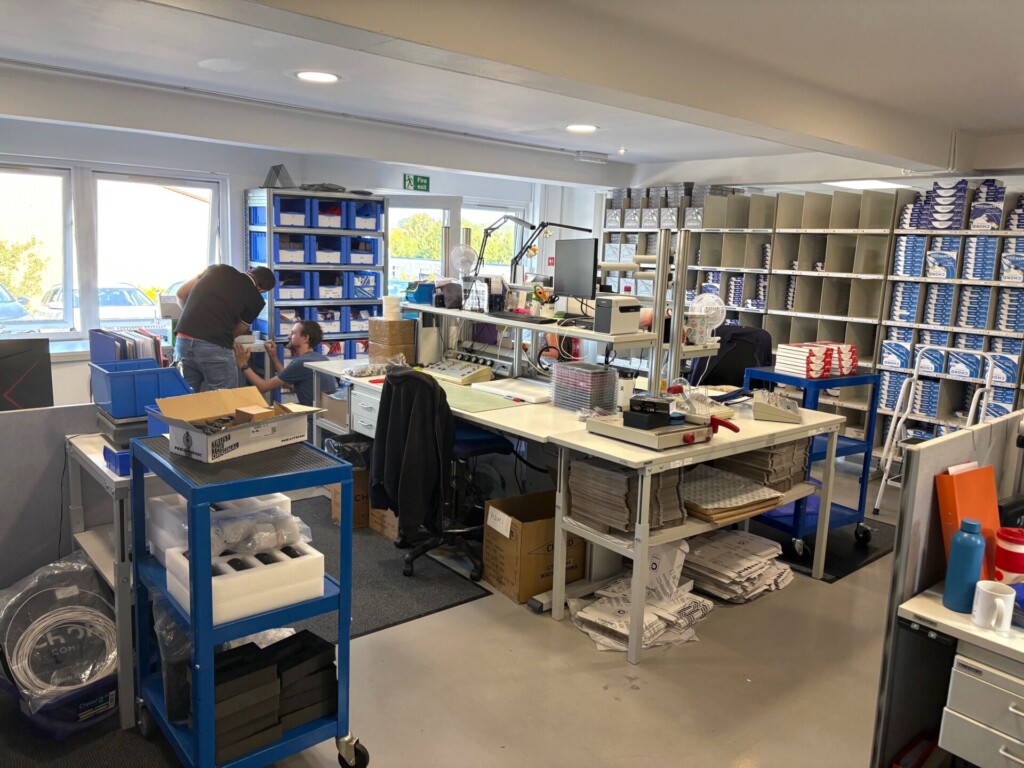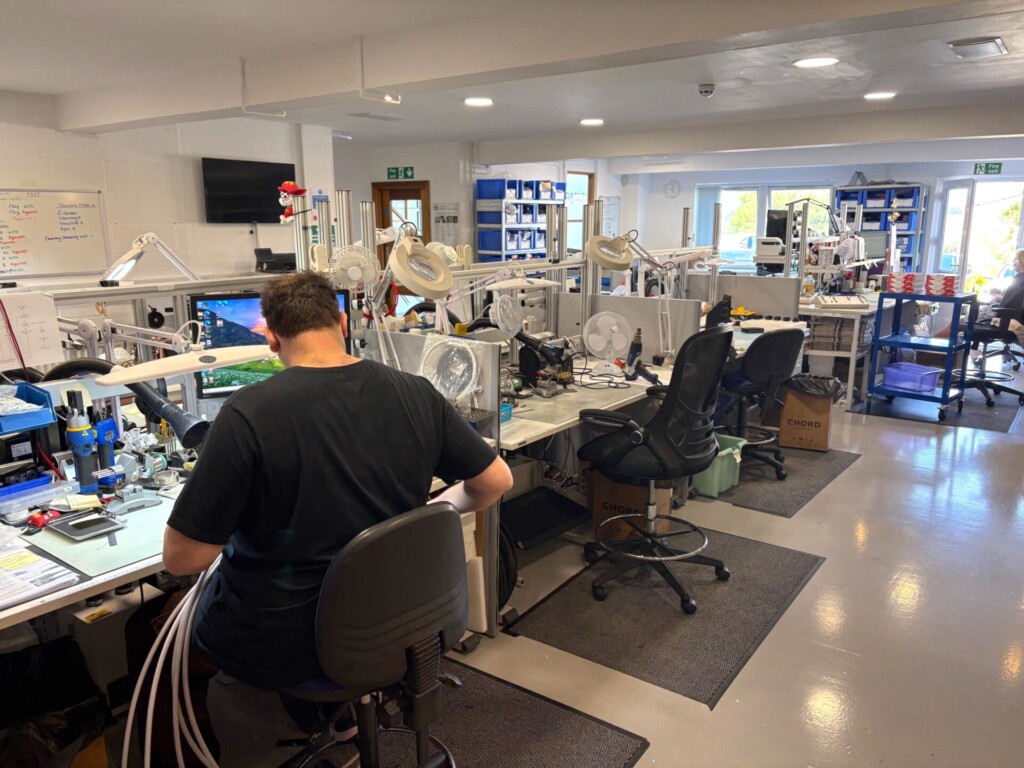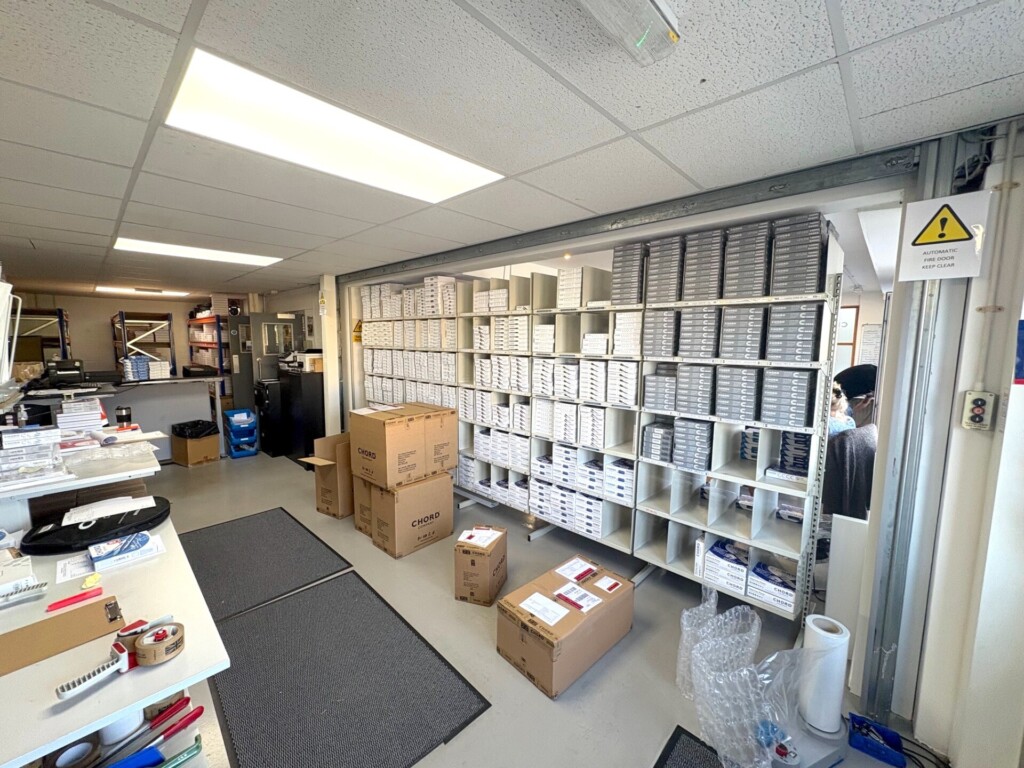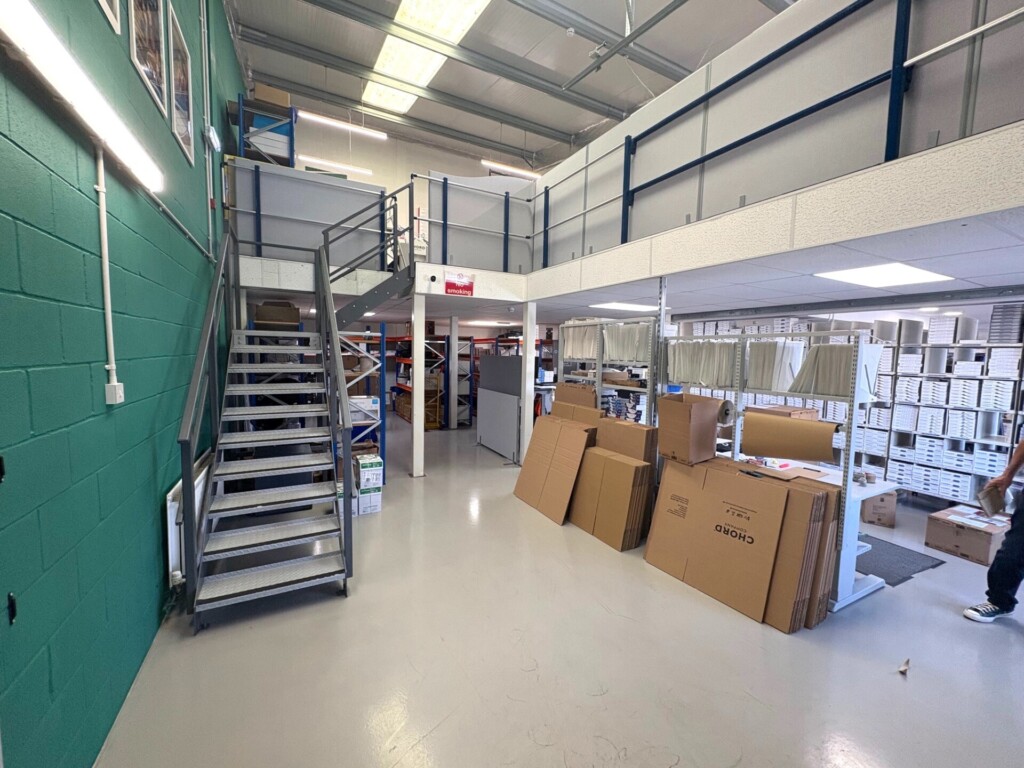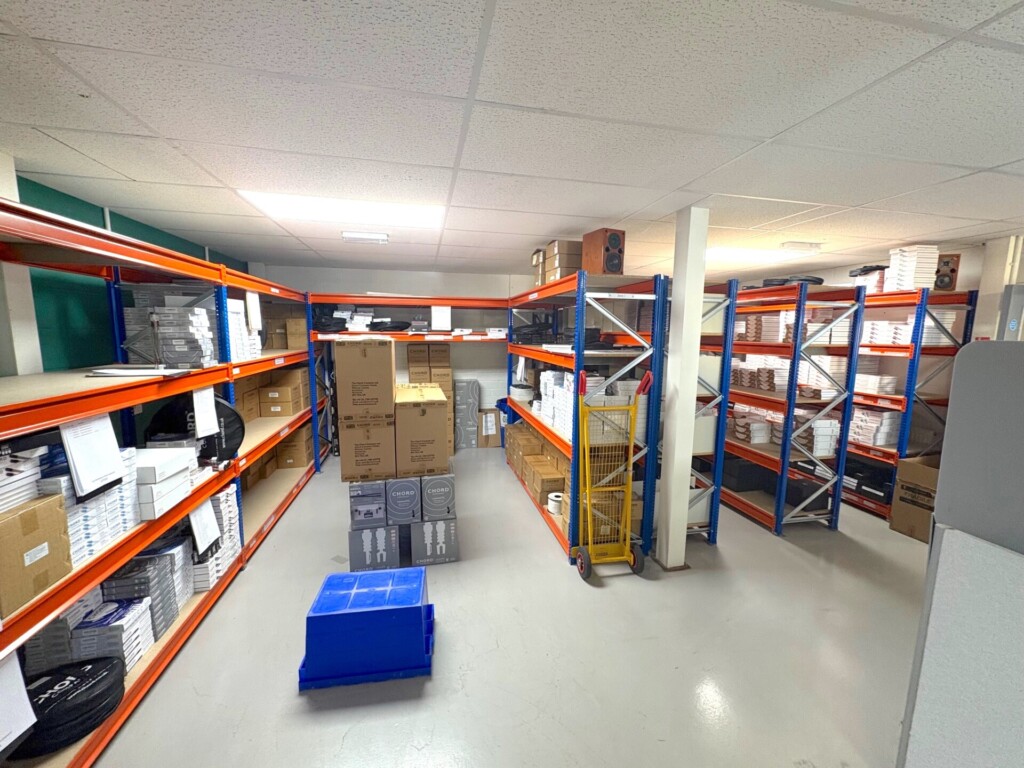Of course, starting in 1985, this arrangement predated Naim’s own foray into CD players as well as Paul and wife Sally going their separate ways. But with both the cable and the imported high-end market rapidly emerging, there was a growing demand not only for home-grown products to compete with the likes of AudioQuest, but for ‘specialist’ cables to connect the UK’s resolutely RCA and banana-based products to not just Naim’s Din-equipped amps, but such strange exotica as balanced XLR, Lemo and spade connectors (yes, really). Pretty soon, The Chord Co. had graduated from a Naim spin-off into a company in its own right, with a full line of interconnects and speaker cables. Things really took off when they picked up distribution for the original Nordost Flatline cables, an association which elevated the profile of both companies significantly, even if it ultimately ended in tears and a parting of the ways. But with a burgeoning UK profile and presence, Chord quickly became the ‘go-to’ cable supplier for the wider UK dealer-base, a situation that allowed them to take the step beyond found technology and into specifying their own conductors, developing their own connectors and sourcing proprietary materials and technology. It’s been a long and far from smooth road, but these days, The Chord Co. is a larger and far more serious enterprise than many people realise.
The company first moved to its current home in 2003, taking over and combining four adjacent units on the newly built Solstice Business Park in Amesbury, outside Salisbury. Those four units have now expanded into six, as the company continues to grow, with economies of scale demanding ever greater storage capacity. Stand on the roof of the building, look West and you’ll see Stonehenge. Turn round, look East and you’ll see the Aircraft and Armament Experimental Establishment, Boscombe Down – the UK’s very own equivalent to Area 51 (although Area 0.51 might be more appropriate). It’s a juxtaposition that maybe helps explain Chord’s slightly bizarre combination of almost Hippy-ish nomenclature and access to cutting-edge, aerospace and military materials, technology and manufacturing resources. Despite the burden of those ‘good value’, ‘small’ and ‘specialist’ labels, there’s considerable technology on show here as well as refreshingly open-minded and collaborative attitudes. This is one environment from which Not Invented Here syndrome is entirely absent.
The Company currently offers eight separate cable lines, stretching from the basic Leyline (there goes that Hippy thing) all the way up to the impressive ChordMusic. Leaving aside HDMI, optical and the basic network cables, everything else, from the Clearway on up, is hand-built and employs Chord’s in-house ARAY technology to improve grounding performance. Conductors are entirely Chord specified (rather than repackaged, off the shelf cabling) and connectors use proprietary ChorAlloy surfaces (a mil-spec, non-tarnishing silver plating). Metals are kept to a minimum in plug bodies, while Signature, Sarum T and ChordMusic use Teflon bodied RCAs. Both ChordMusic and Sarum T employ the expensive, proprietary Taylon dielectric, a material with superior phase characteristics, sourced from the military/aerospace sector. At the other end of the technology telescope, the power cords use Chord designed AC connectors, particularly relevant in the case of the UK’s arcane 13A plug! Deftly combining high-tech materials and precision manufacturing resources, with the more fundamental aspects of sound engineering and extensive listening, this is a company that does the important things – and does them well – rather than relying on pseudo-science and double-talk. In fact, with a firm policy of public demonstration, the products need to be able to talk for themselves.

